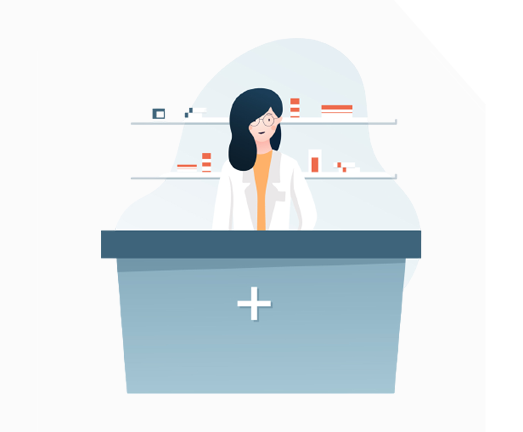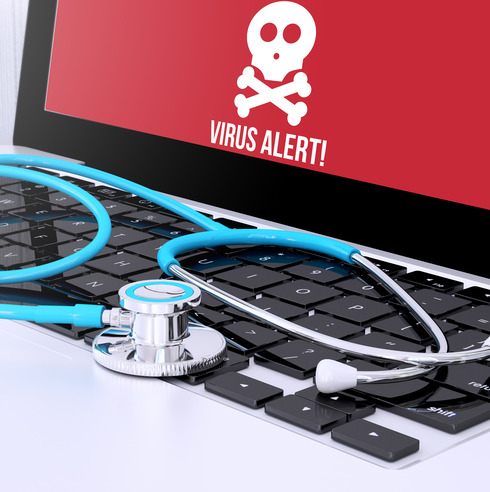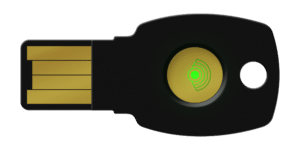Cyber Security for Healthcare
FEITIAN recognizes the unique challenges faced by the healthcare sector and offers comprehensive cybersecurity solutions tailored to its specific needs.
From securing medical devices and physical spacces, to protecting patient records and ensuring compliance with stringent regulations, FEITIAN’s advanced cybersecurity solutions help healthcare organizations defend against evolving cyber threats and safeguard sensitive information, ultimately enabling them to provide safe and trusted healthcare services to patients.

Healthcare Authentication Use Cases
Electronic Health Records (EHR) Access
Telemedicine and Remote Patient Monitoring
Secure Communication and Collaboration
Cyber Security Threats in Healthcare
Data breaches
Ransomware attacks
Phishing attacks
Suggested products
Healthcare Cyber Security Benefits

Patient data protection

Mitigation of ransomware attacks

Regulatory compliance
Compliance with industry regulations, such as HIPAA, is essential for healthcare organizations. Implementing comprehensive cyber security solutions helps meet these compliance requirements, protecting patient data and avoiding penalties or legal consequences.

Prevention of data breaches

Enhanced operational continuity

Preserving patient trust
Relevant Posts

Unlock the Future: FEITIAN Products and Google’s New Passkey Feature

FEITIAN MFA Cryptographic Module has achieved the FIPS 140-2 level 2
Use FEITIAN FIDO security key to protect your Apple ID
Questions? Contact Sales
We understand that finding the right security solutions for your business is crucial, and our dedicated sales team is here to assist you every step of the way. By filling out our sales support form, you can connect with our knowledgeable sales representatives who will guide you through the process, answer your questions, and provide tailored recommendations based on your unique requirements.
Contact information:
408-352-5553
2580 N First St. Suite 130, San Jose, CA 95131
sales@ftsafe.us
"*" indicates required fields





